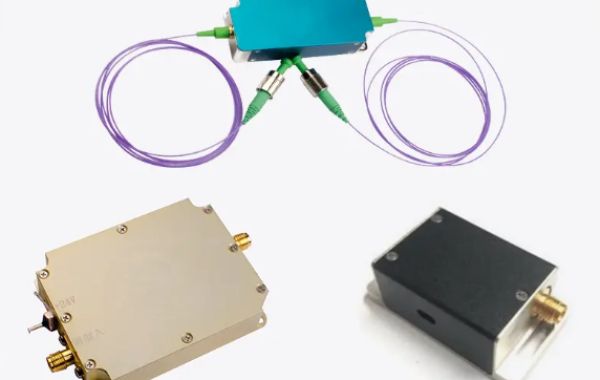Laser Systems:
- Q-switching:AOMs can be used to rapidly switch a laser's gain medium on and off, generating high-energy, short-duration pulses.
- Mode-locking:AOMs can be employed to synchronize the phase of different laser modes, producing ultrashort laser pulses.
- Pulse shaping:AOMs can be used to tailor the temporal and spectral properties of laser pulses.
Telecommunications:
- Optical switching: AOMs can be used to route optical signals between different paths in a network.
- Optical signal processing: AOMs can be used to perform various signal processing functions, such as filtering, modulation, and demultiplexing.
- Wavelength division multiplexing (WDM):AOMs can be used to select and switch specific wavelengths in a WDM system.
Scientific Research:
- Spectroscopy:AOMs can be used to tune the wavelength of a laser source for spectroscopic measurements.
- Interferometry:AOMs can be used to introduce phase shifts in interferometers, enabling precise measurements of distance and displacement.
- Optical coherence tomography (OCT):AOMs can be used to control the depth of focus and scan the sample in OCT systems.
Industrial Applications:
- Laser cutting, welding, and marking: AOMs can be used to control the intensity and timing of laser pulses for precise material processing.
- Laser ranging and lidar: AOMs can be used to generate and modulate laser pulses for distance measurements.
These are just a few examples of the many applications of fiber-coupled AOMs. Their versatility and performance make them indispensable tools in a wide range of fields.








